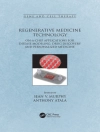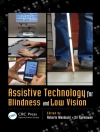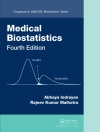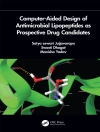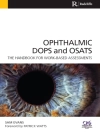References ……………………………………….. 59 Subject Index ……………………………………… 65 6 Introduction The retina as an organ of perception of light, colour, shape and movement has been the subject of numerous and intensive light- and electron-microscopical investigations. To date the interest in these has largely been concentrated on the structure of the ma- ture retina and the genesis of its cellular elements. The first exhaustive observations on the development of the retina in vertebrates were made by Babuchin (1863). Using the retinae of chicken embryos, he showed that Millier’s radial fibres and the ganglion cells are the first to develop, while the receptor segments are the last. Subsequently, the early differentiation of Millier’s radial fibres was often reaffirmed (Cajal, 1893; Meller, 1968; Bhattacharjee and Sanyal, 1975; and others). Furthermore, Babuchin had already indicated that the structural development in the area of the posterior pole is very rapid compared with those regions of the retina which are situated more peripherally. Today, when comparing results of electron-mi- croscopical investigations, this fact is of particular importance, since in each case only very limited areas of the retina can be examined. Schultze (1867a, b) pointed out the uniformity of origin and the general classifica- tion of light-perceiving elements into inner and outer segments, thus contesting the hitherto generally held opinion that these structures, like the pigment epithelium, ori- of the eye cup. In 1881 Ogneff discovered the analogous ginate from the outer leaf mode of formation in birds and mammals.
M. Vogel
Postnatal Development of the Cat’s Retina [PDF ebook]
Postnatal Development of the Cat’s Retina [PDF ebook]
Buy this ebook and get 1 more FREE!
Language English ● Format PDF ● ISBN 9783642669743 ● Publisher Springer Berlin Heidelberg ● Published 2012 ● Downloadable 3 times ● Currency EUR ● ID 6329861 ● Copy protection Adobe DRM
Requires a DRM capable ebook reader


